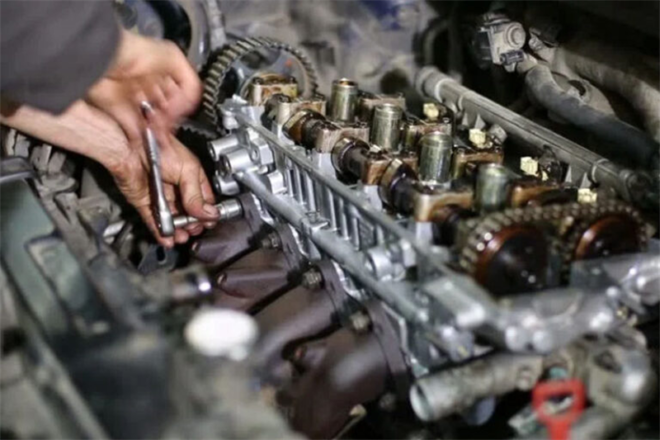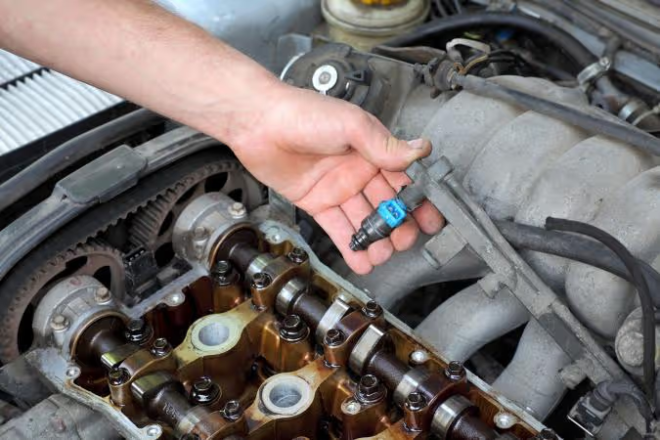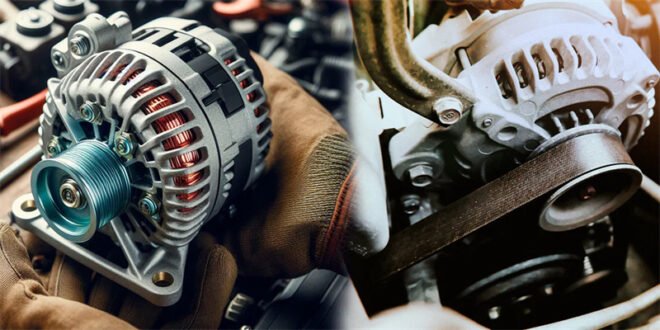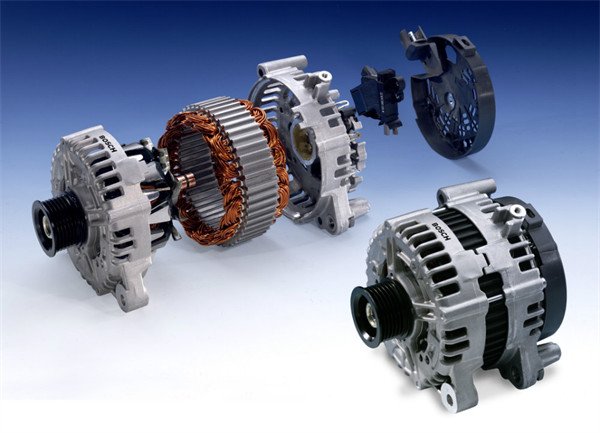In the fast-paced world of industrial automation and fluid control systems, solenoid valves stand out as essential components for efficient, reliable, and precise operation. Whether in manufacturing, HVAC, or even automotive systems, these valves play a crucial role in regulating the flow of liquids and gases. This article will delve deep into the modern advantages of solenoid valves, highlighting their efficiency, durability, and their transformative impact across industries.
What is a Solenoid Valve?
Before understanding the advantages of solenoid valves, it is essential to define what they are. A solenoid valve is an electromechanical device used to control the flow of fluids (gases, liquids, or slurries) in a system. It uses an electric current to generate a magnetic field in the solenoid coil, which opens or closes the valve to either allow or stop the flow of fluid.
Unlike manual or mechanical valves, solenoid valves provide automation with greater speed, precision, and control. They come in various forms, including 2-way, 3-way, and multi-port configurations, making them versatile for different applications.
The Efficiency of Solenoid Valves in Modern Systems
One of the primary advantages of solenoid valves is their efficiency in modern fluid control systems. The ability to control fluid flow remotely or automatically, without requiring manual intervention, streamlines operations and minimizes human error. This not only boosts the speed of production but also ensures that systems are optimized for energy use, thereby lowering operational costs.
In industries such as chemical processing or food production, the ability to control the flow with high precision is critical. Solenoid valves offer fast and accurate response times, making them ideal for these high-demand environments. By automatically adjusting the flow to meet specific needs, they ensure that resources are utilized in the most efficient manner possible.
Durability and Reliability of Solenoid Valves
Another undeniable advantage of solenoid valves is their durability and reliability in demanding industrial environments. These valves are designed to withstand extreme conditions, from high temperatures to corrosive materials, making them an essential component in industries like oil and gas, pharmaceuticals, and water treatment.
The rugged design of solenoid valves ensures long service life, reducing the need for frequent replacements or maintenance. This is particularly important in continuous production lines where downtime can lead to significant financial losses. With a solid reputation for reliability, solenoid valves help maintain system uptime, providing businesses with confidence in their long-term performance.
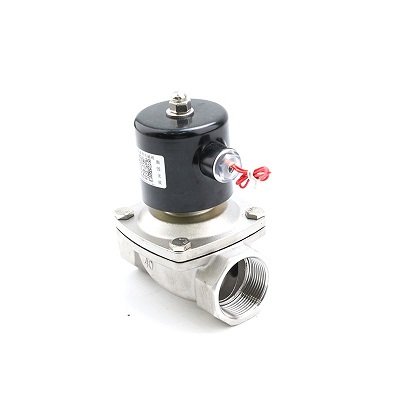
Compact and Versatile Design
The compact design of solenoid valves adds to their appeal. With increasing demands for space-saving solutions in modern machinery and equipment, these valves are designed to fit into tight spaces without compromising functionality. Their small footprint, combined with versatile operation, allows them to be integrated into a wide range of systems without taking up valuable space.
This adaptability is especially beneficial in industries such as automotive, aerospace, and HVAC, where space constraints are a constant challenge. Whether in automated production lines, climate control systems, or fuel injection systems, solenoid valves provide an optimal solution for flow control without requiring large, cumbersome devices.
Improved Safety in Industrial Systems
Safety is a key concern in any industrial operation, and solenoid valves contribute significantly to improving safety standards. By using electric signals to control the flow of potentially hazardous fluids or gases, these valves eliminate the risks associated with manual control or mechanical valves, which may fail or be difficult to operate under extreme conditions.
In safety-critical environments, solenoid valves can be designed with features such as fail-safe mechanisms. These mechanisms ensure that the valve closes in the event of a power failure or malfunction, preventing accidents or damage to equipment. Their ability to act quickly and reliably is crucial for industries where human safety or environmental protection is a top priority.
Energy Efficiency and Environmental Impact
In today’s world, businesses are increasingly aware of their environmental footprint and energy consumption. Solenoid valves contribute to energy efficiency by reducing wastage and improving the overall performance of fluid systems. By enabling precise control over flow rates, they ensure that energy is used where it is most needed, minimizing waste.
This is particularly relevant in industries such as water management, where controlling flow accurately can prevent water loss, a critical issue in many regions. Additionally, solenoid valves can be designed with environmentally friendly materials and processes, further reducing their impact on the environment.
Versatility Across Industries
Solenoid valves are widely used across numerous industries due to their versatility. From manufacturing and chemical processing to water treatment and automotive applications, these valves are integral to the operation of various systems. Their ability to control the flow of a wide range of fluids, including gases, liquids, and slurries, makes them indispensable in diverse fields.
In the automotive industry, solenoid valves are used in fuel systems to control fuel injection, in air conditioning systems to regulate refrigerant flow, and in brake systems to control pressure. In water treatment plants, they are essential for controlling the flow of chemicals and water through treatment systems.
Their adaptability ensures that solenoid valves remain relevant as industries evolve and require more advanced fluid control solutions.
Cost-Effective Solution for Fluid Control
While solenoid valves provide numerous advantages, they are also cost-effective compared to other fluid control solutions. The initial investment in solenoid valves may be higher than traditional mechanical valves, but the long-term savings in energy efficiency, reduced maintenance, and increased system uptime quickly offset the initial cost.
Additionally, the high level of automation offered by solenoid valves reduces the need for manual labor, further lowering operational costs. For businesses looking to maximize their return on investment, solenoid valves present an ideal solution.
Customization for Specific Applications
One of the standout features of solenoid valves is the ability to customize them to suit specific applications. Whether you need a valve for high-pressure systems, corrosive fluids, or high-temperature environments, solenoid valves can be engineered to meet your exact requirements.
Manufacturers offer various materials, sizes, and configurations, allowing for a tailored solution that fits the exact needs of your system. This flexibility ensures that solenoid valves can provide reliable performance across a wide range of operating conditions.
Embracing the Future with Solenoid Valves
In conclusion, solenoid valves are a critical component in modern fluid control systems, offering unmatched efficiency, reliability, and versatility. Their ability to optimize fluid flow, improve safety, and reduce environmental impact makes them a valuable asset to industries across the globe.
By embracing solenoid valves, businesses can take advantage of cutting-edge technology that enhances performance, reduces costs, and meets the evolving demands of today’s industries. As automation and precision control continue to shape the future of industrial operations, solenoid valves will remain at the forefront of innovation, providing a key solution to the challenges of modern fluid control.
Take action today—enhance your system’s performance with the modern advantages of solenoid valves. Optimize flow control, improve safety, and maximize efficiency with a solution that’s designed to meet the needs of tomorrow’s industries.


